Babies come into the world ready to communicate. And it’s through their early interaction with you – their mum, dad or carer – that they learn how to express their needs.
When will my baby start to communicate with me?
From the very beginning, your baby can let you know what they like and what they don’t. They can respond to familiar voices, smells and faces that they recognise, and they can let you know whether they’re contented, uncomfortable or distressed. Your baby can focus on your face when held in your arms, recognise your voice from hearing it in the womb, and start to interact with you.
Learning to interact with each other is a bit like learning a dance together: it can take a wee while to work out the steps, but you’ll both really benefit from the process.
How can I encourage my baby to interact with me?
To encourage this interaction, it’s good to get face-to-face with your baby, watch what they’re doing and respond. They will look and follow you, using sounds (such as laughter, gurgling or cooing) and movements to communicate. Through these communications, your baby is already starting to socialise, as they get to know you and you get to know them.
Very soon you’ll start to learn what your baby’s trying to say to you and they’ll learn that you’re there to meet their needs and respond, for example, by picking them up when they need a cuddle. Even if you can’t always spot what’s needed immediately, your gentle touch and warm attention will reassure your baby. This is how your baby builds up trust in you, and is the first step in helping them become a confident person with good social skills.
Should I expect to see any social skills from my newborn?
Yes! A newborn will actively start a ‘conversation’ of sounds or gestures with you, and will be able to copy you, when they’re in the right mood or ‘state’. Watch this clip of a baby copying his dad poking out his tongue: at just 10 minutes old the baby is starting to communicate.
So it’s really important to watch what your baby is doing and then follow their lead – you’ll see that they actively ‘reach out’ to you, in the hope you’ll respond.
Watch this clip of a parent following their baby’s lead. You can see how important it is to wait for the baby’s response, and to let the baby have a break when they need it – all this communication can be tiring! Babies have different ‘states’, with the ‘alert state’ being the best time for intense face to face conversations but if they turn away from you, they may be tired and need a rest.
How do I ‘tune into’ and connect with my baby?
What does ‘tuning into’ your baby mean? It might help to think of yourself and your baby as two instruments that need to learn to play in tune together. You might be a bit squawky at first, but you’ll soon get into the swing of it. Or you could think of it as trying to tune into a radio station– sometimes all you’ll hear is white noise, but then you’ll make that special connection.
To connect with or ‘tune into’ your baby and interact with them, try following these steps:
- Show your interest in your baby by looking at them and smiling.
- Wait for them to make the first move, showing warmth in your face and tone of voice.
- When they respond, acknowledge it.
This video from the BBC’s Tiny Happy People website has more tips.
All these steps help your baby’s development:
- When your baby has your attention, they feel valued and loved.
- When your baby feels encouraged to communicate with you, they feel important and respected.
- When your baby has their communication acknowledged, they feel heard and want to carry on.
So by following these steps you’re not only helping your baby to socialise but also to grow into a confident person.
Top tips for encouraging your baby’s social skills
You can find more tips for engaging with your wee one on our page on helping your baby feel connected.
Tip #1: Play the imitation game
Notice what they do and copy them.
Tip #2: Give them a break
All this communicating is a lot to take in and they may look away briefly for a few moments to process all this. So try to notice when your baby needs a break and wait for them to be ready to carry on having a conversation. Very new babies can only concentrate this hard for a few minutes, so try not to overwhelm them if they look tired or fidgety.
Tip #3: Look out for the ‘alert’ state
Observe what the ‘alert’ state looks like for your baby – this is the best time to engage with them. If you want to explore all the baby states, watch these Getting To Know Your Baby clips on YouTube.
How does this interaction help my baby’s development?
Social interaction is about so much more than developing ‘social skills’. By responding to your baby’s cues in a tuned-in way, you make them feel safe, valued and loved. This also builds up a sense of trust and lays the foundation of your lifelong relationship.
Babies also learn about themselves through social interaction. It’s like a ‘turbo booster’ for their brain, helping them learn a variety of things about themselves and the world around them. For example, maybe your baby is crying and you work out that they need picking up from their buggy, because they need contact with you. You might say, in a gentle tone “Do you need to be picked up and have a cuddle?” First of all, they’ve learned that it’s okay to express their needs, and that they like being held by you. They also learn that what they feel is valid, that they can trust you to understand them.
How will by baby's social skills develop as they get older?
For roughly the first four months of life, your baby’s social interaction depends largely on face to face contact. Initially, your baby will only be able to interact with one person at a time. Then, around 4 – 5 months, you’ll see how they can engage with two people – for example, being gently tickled by one parent, laughing in response, then looking at the other parent to involve them in the game.
Towards 9 months, your baby will start pointing at objects, and will need you to look at what they’re seeing, and show your interest. This experience of ‘shared interest’ is an important step towards being able to understand a different perspective from their own.
This develops more towards 11 months, when you might see your baby ‘teasing’ you by starting to hand you a toy, then as you go to take it, suddenly taking it away and giggling. They love to play this kind of game over and over again, especially when you pretend to look disappointed!
My baby isn’t interested in socialising, should I be worried? What can I do to help them?
Babies come into the world with their own personality – they don’t all like the same things. Some babies take longer to work out this big new world they’ve been born into. All the sights, sounds, smells, touches and feelings can be overwhelming! Our page on encouraging your baby to socialise has tips on helping reluctant babies come out of their shells.
When will my baby start to develop friendships?
Your baby will express preferences for certain people from an early age, and will express delight when they see them. If babies are put together in a group, they’ll soon start smiling and chatting to each other, and will crawl towards each other if they can. You may notice how your baby gets particularly excited when they see a sibling or a baby they really like. Our page on friendships has more information.
Will my baby’s social skills develop more quickly or slowly if they have an older sibling?
This depends on so much: what is the older sibling like? Do they like spending time with the baby? Does the sibling expect too much from the baby, or do they have the patience to go at the baby’s pace?
The key element to developing social skills is always YOU! You lay the foundations for your baby’s social skills, in how you respond to their cues. And the more time you spend interacting with your baby, the stronger those foundations will be, helping them to grow up to be confident when they socialise with other people.
I have twins – how can I help them develop as individuals?
Your babies might be twins, but they are still unique beings, and there will be differences in what they respond to and how they communicate. Twins sometimes have a ‘special language’ with one another, and a special bond. But you can still nurture their sense of self as an individual, which will help them to relate to other children. A great way to start is to use their names when you’re speaking to them individually, or about them to others, instead of just referring to them as ‘the twins’. Try to make eye contact with each baby as you’re talking.
You can find out more about bonding with twins and multiples and how to help multiples develop language and communication skills on the Twins Trust website.
 Activities & Play
Activities & Play Behaviour
Behaviour Childcare
Childcare Development & Growing Up
Development & Growing Up Family, Friends & Relationships
Family, Friends & Relationships Feeding Your Baby
Feeding Your Baby Food & Eating
Food & Eating Health & Safety
Health & Safety Mental Health & Wellbeing
Mental Health & Wellbeing Money & Work
Money & Work Online Behaviour & Safety
Online Behaviour & Safety Pregnancy & First Days
Pregnancy & First Days School & Education
School & Education Sleep
Sleep

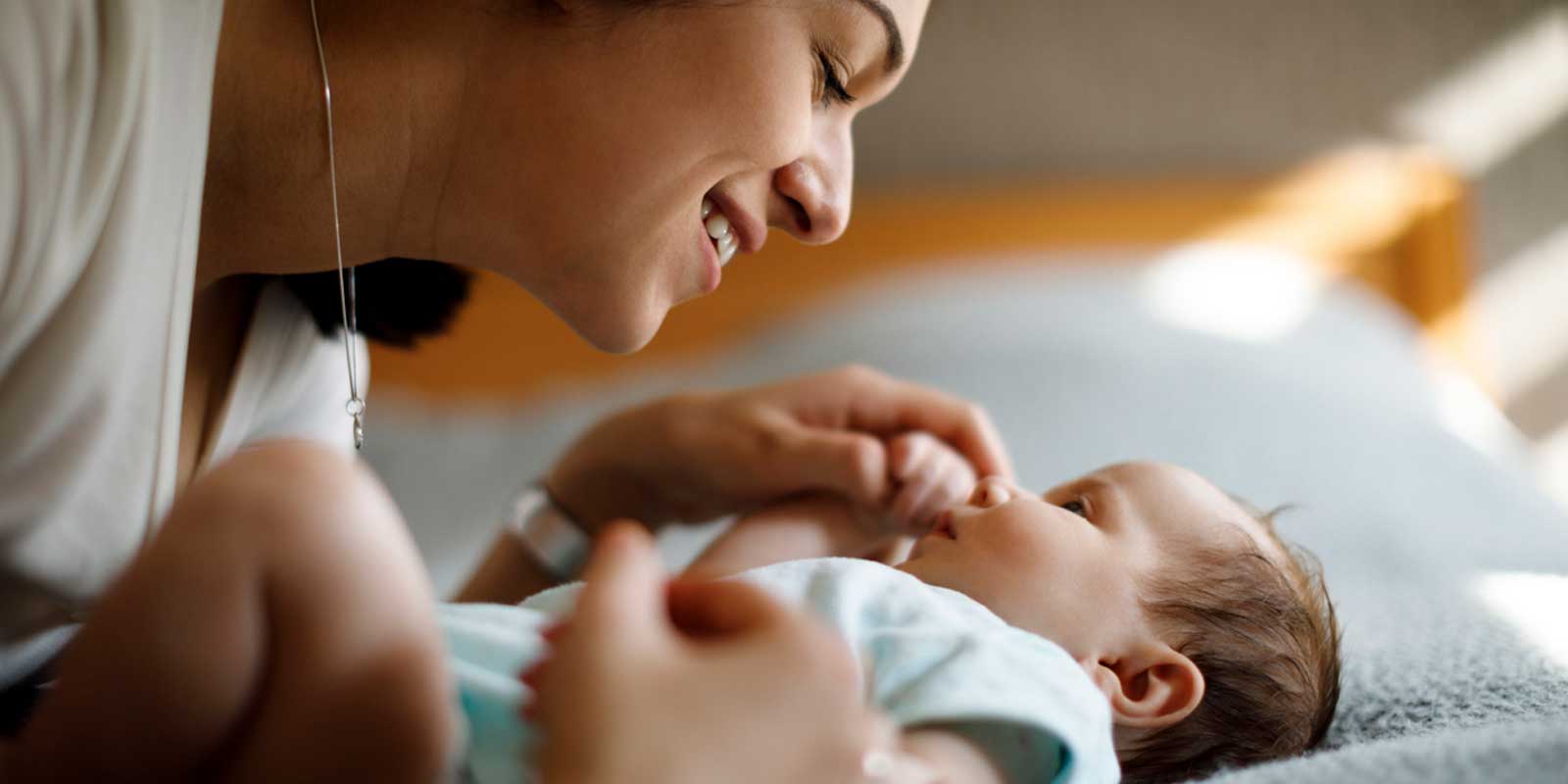
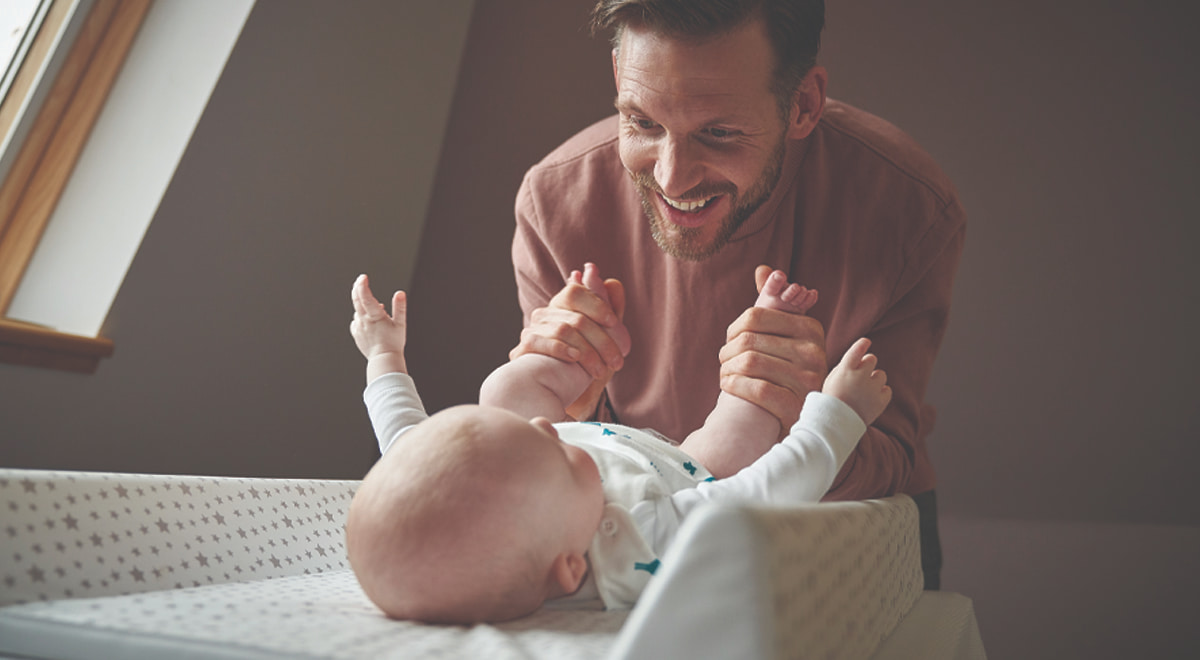
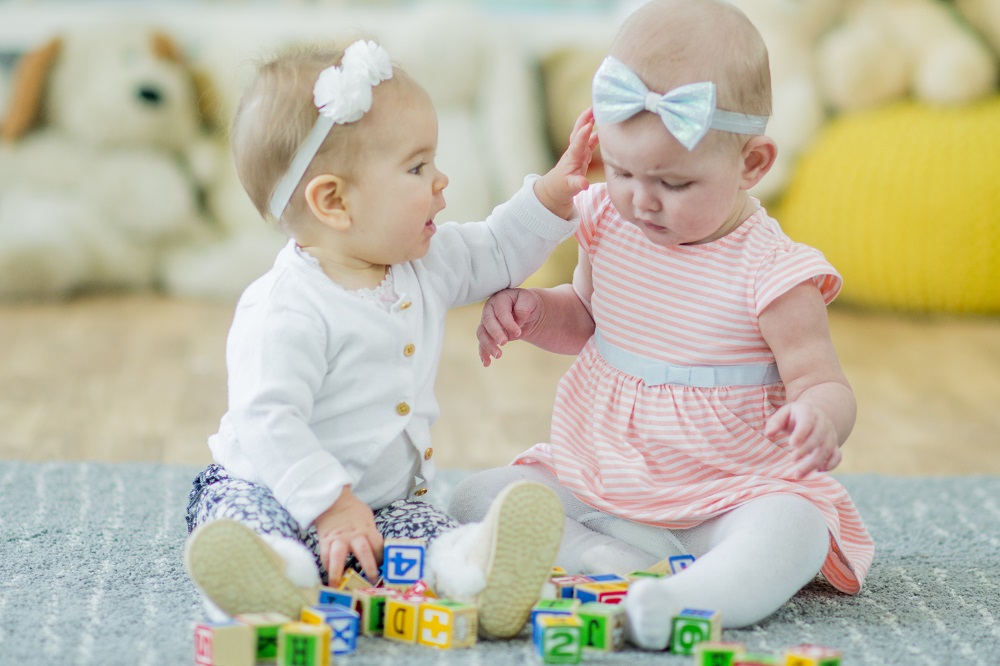
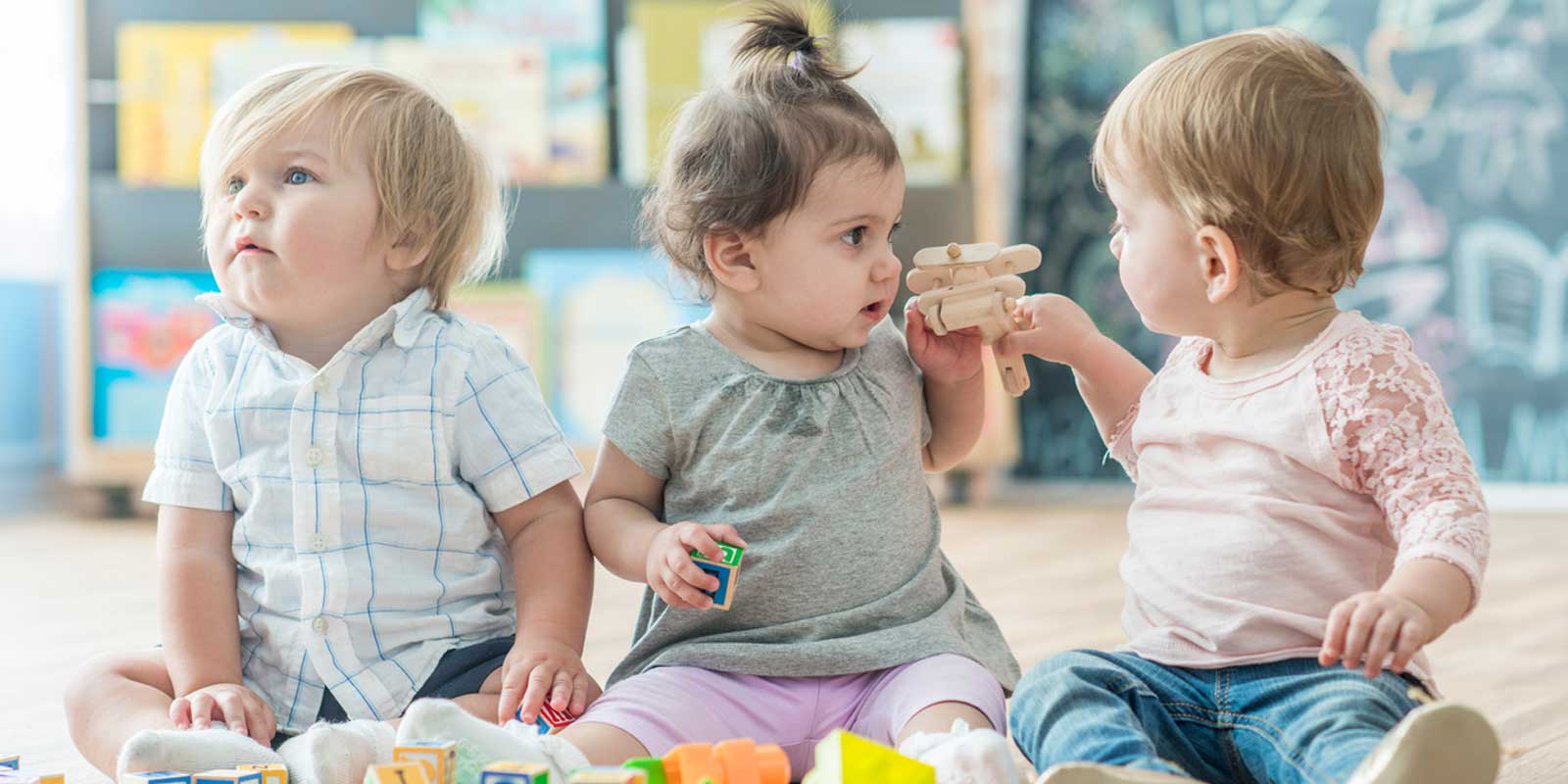
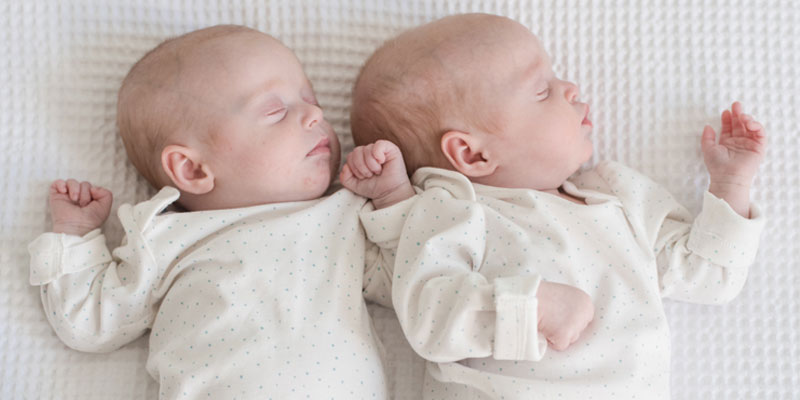
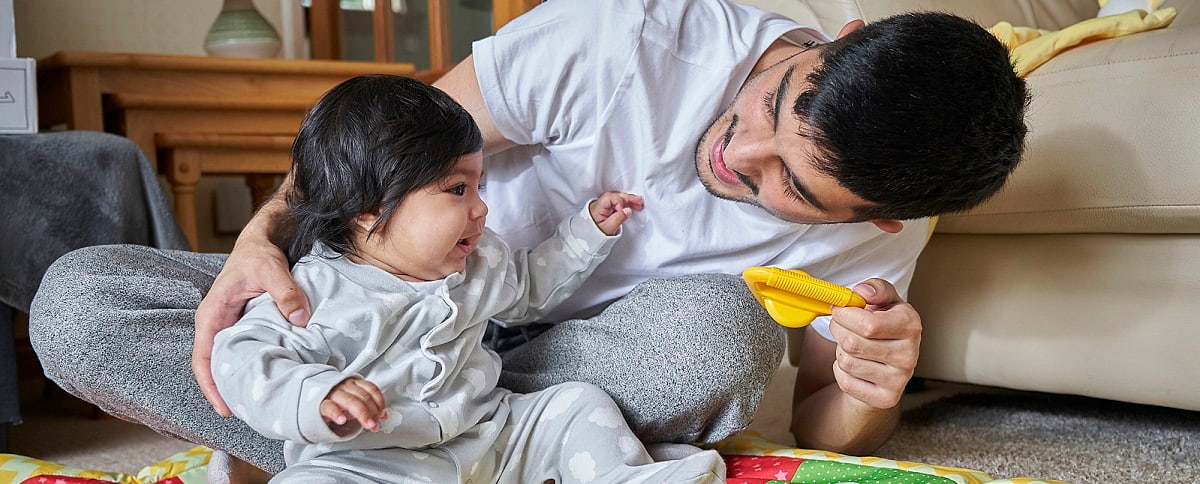
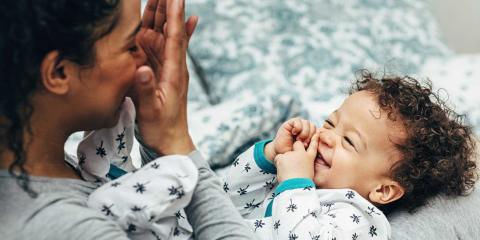
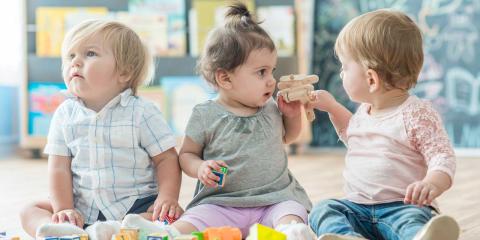
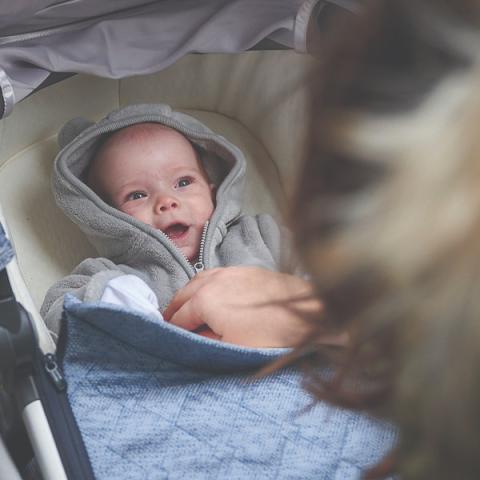
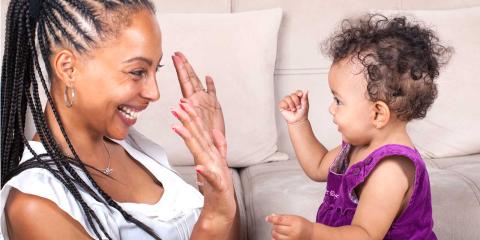
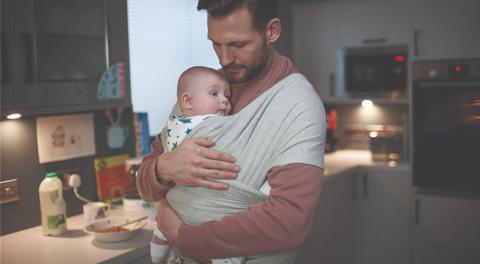
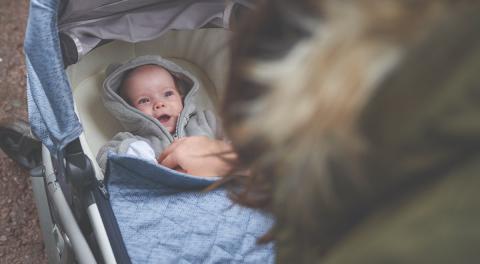
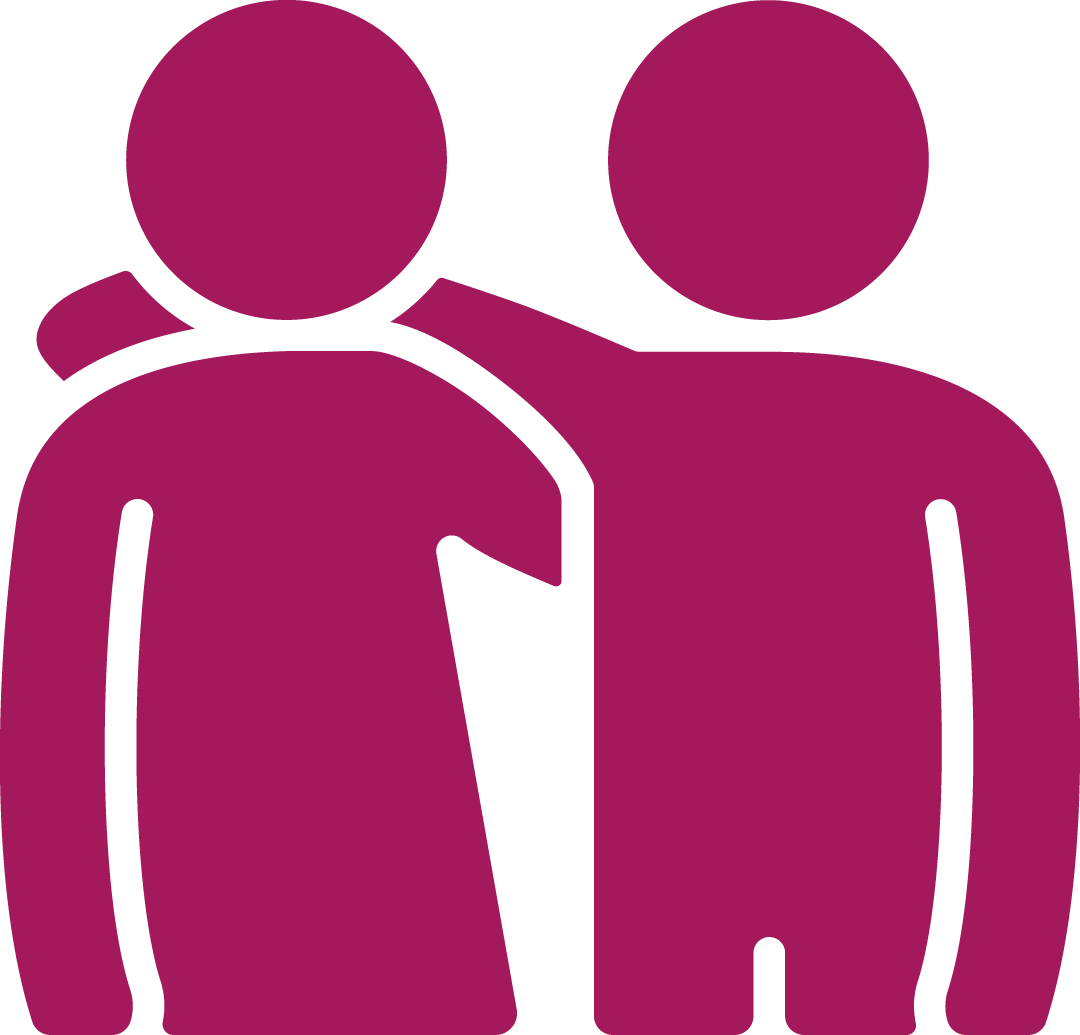 Family, Friends & Relationships
Family, Friends & Relationships
 Mental Health & Wellbeing
Mental Health & Wellbeing